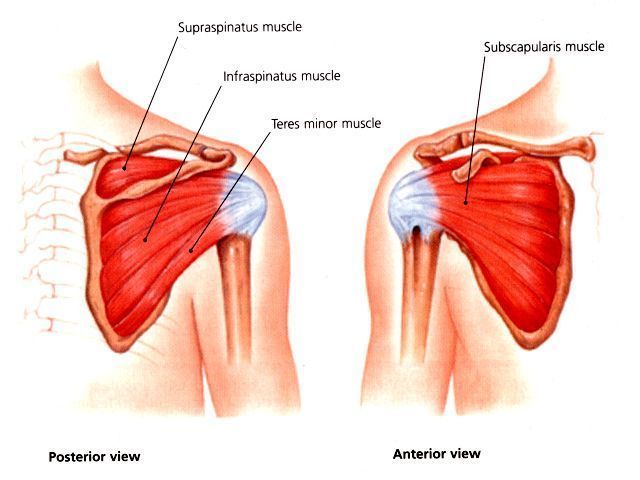Meal Timing and Weight Management
Meal Timing and Weight Management
For anyone interested in the implications of meal timing strategies and how they can help or hinder weight management, the American Heart Association has released a “scientific statement” on the subject.
They wanted to establish whether breakfast is actually good or bad for health and weight control, if fasting will reduce body weight and can it improve glucose control?
There are numerous animal studies that have found when food consumption occurs at all hours this can have adverse effects on health. This may have implications for human health in contemporary society.
The AHA found that generally breakfast remains an essential daily meal for optimal well being, however it also states that intermittent fasting holds promise for weight loss. Intentional planning of meals and snacks can maximise the benefits of healthy food consumption while minimising pitfalls such as excessive snacking and late-night consumption.
The AHA found that meal timing makes a difference because many of the body’s internal clocks which regulate metabolism are more affected by food consumption than by daylight and night-time. In animal studies, mice gained more weight and developed more diseases when fed around the clock than when fed only in a “window” of nine to 12 hours. This occurs even though total calorie consumption remains the same in both conditions.
On key aspects of meal timing and frequency, the committee made the following observations:
Breakfast
In one study of 20- to 39-year-olds, those who regularly consumed a breakfast cereal were 31 percent less likely to be overweight or obese. Also, three large-group studies have shown significantly lower diabetes rates among breakfast eaters.
Intermittent fasting
It was found that if a fasting plan reduces overall calorie consumption, subjects should lose weight and improve glucose control. They also found that every-other-day fasting produces better results than 5:2 fasting however they noted that nothing is known about long-term success and health outcomes linked to intermittent fasting.
Night-time eating
Several large-group studies have shown increased obesity, metabolic syndrome and chronic inflammation among those consuming calories late in the day vs. earlier. Men who fall asleep at night and then wake up for a snack face particular risks — a 55 percent increase in heart disease. In one study, subjects who maintained the same total daily calories, but moved 300 calories a day from dinner to breakfast and managed to lose an average of more than 45 pounds in 36 weeks.
The AHA’s advice on the subject:
- Eat more earlier in the day and less later on.
- Give your body an ample overnight “fast,” as that’s when much important metabolic work is done.
- Consider intermittent fasting to lower total calorie consumption and body weight.
- Plan your meals and snacks to minimise hunger and achieve portion control.
- Reduce consumption of high-calorie beverages.
- Eat more slowly as a possible means to decrease calories and increase satiety.
BSc (Hons) Sport and Exercise Science, MSc. ANutr.




